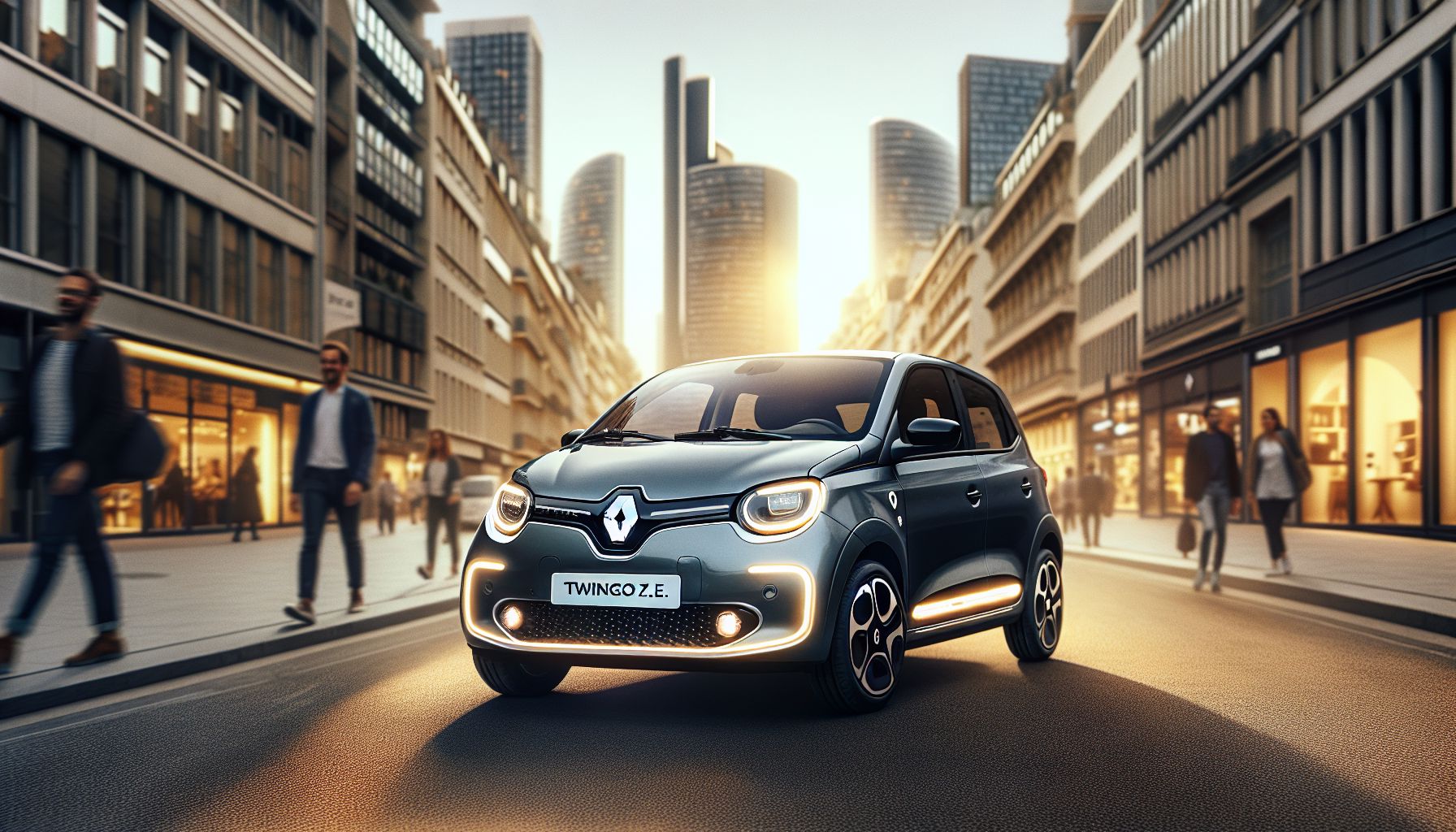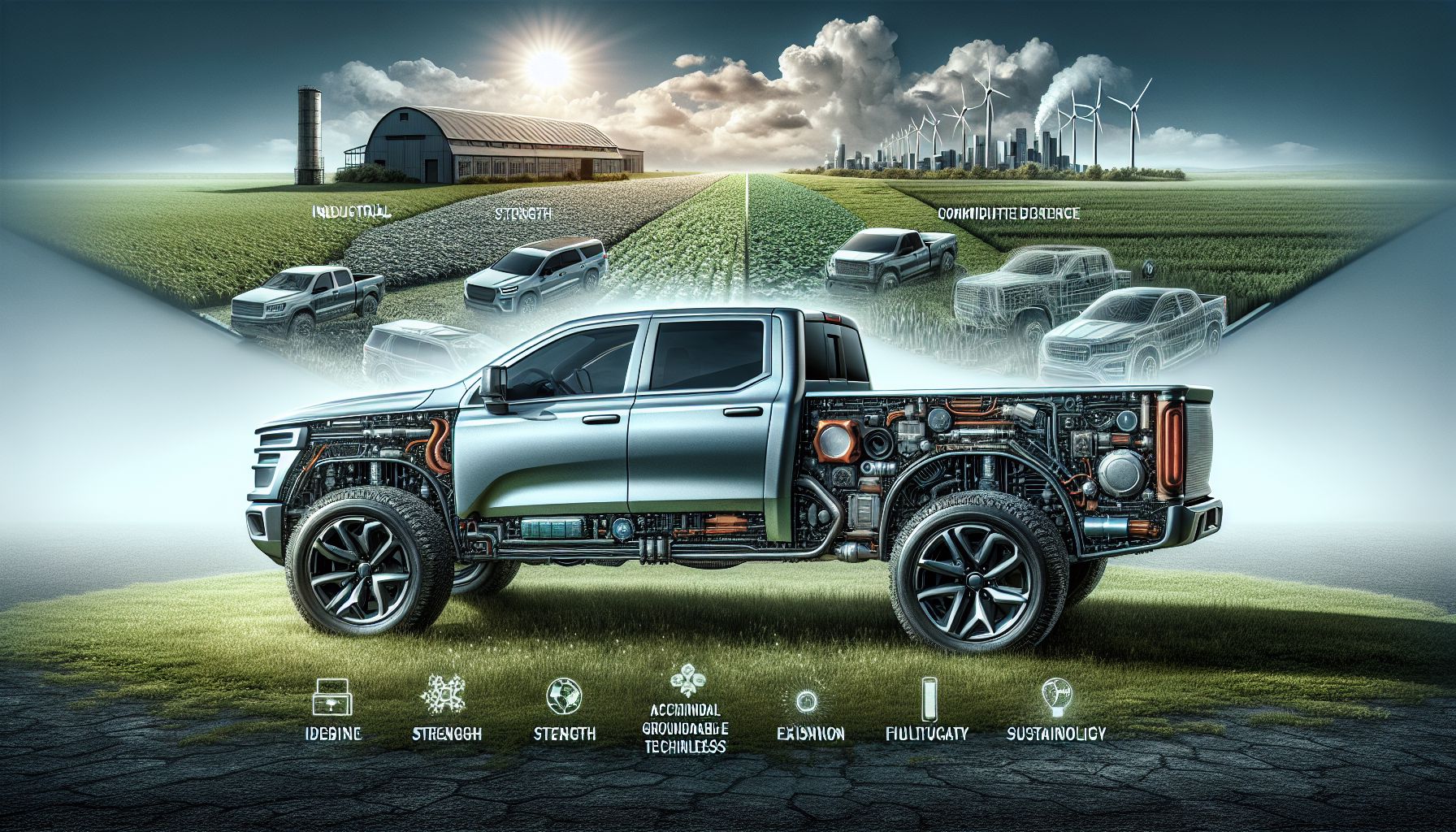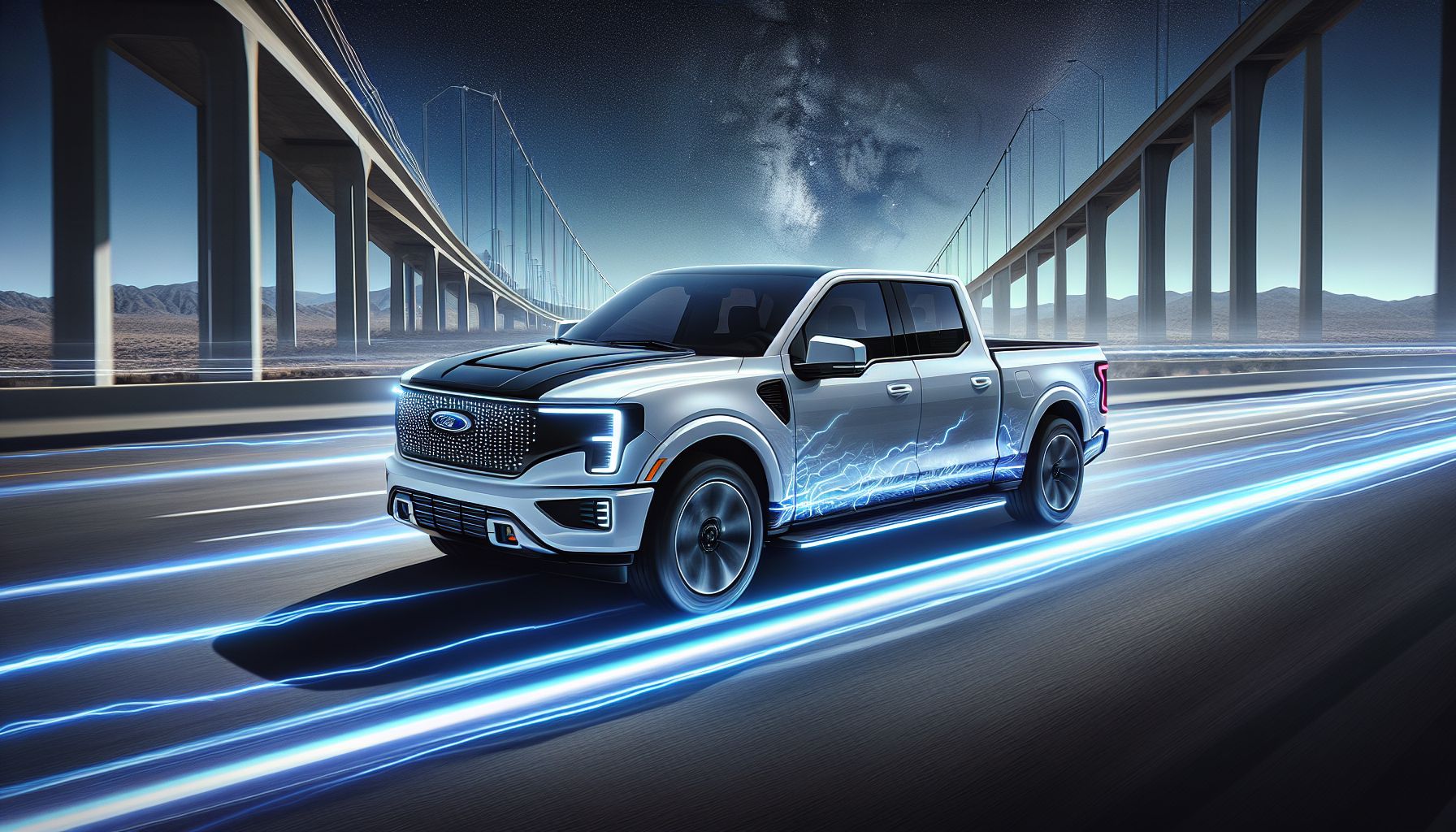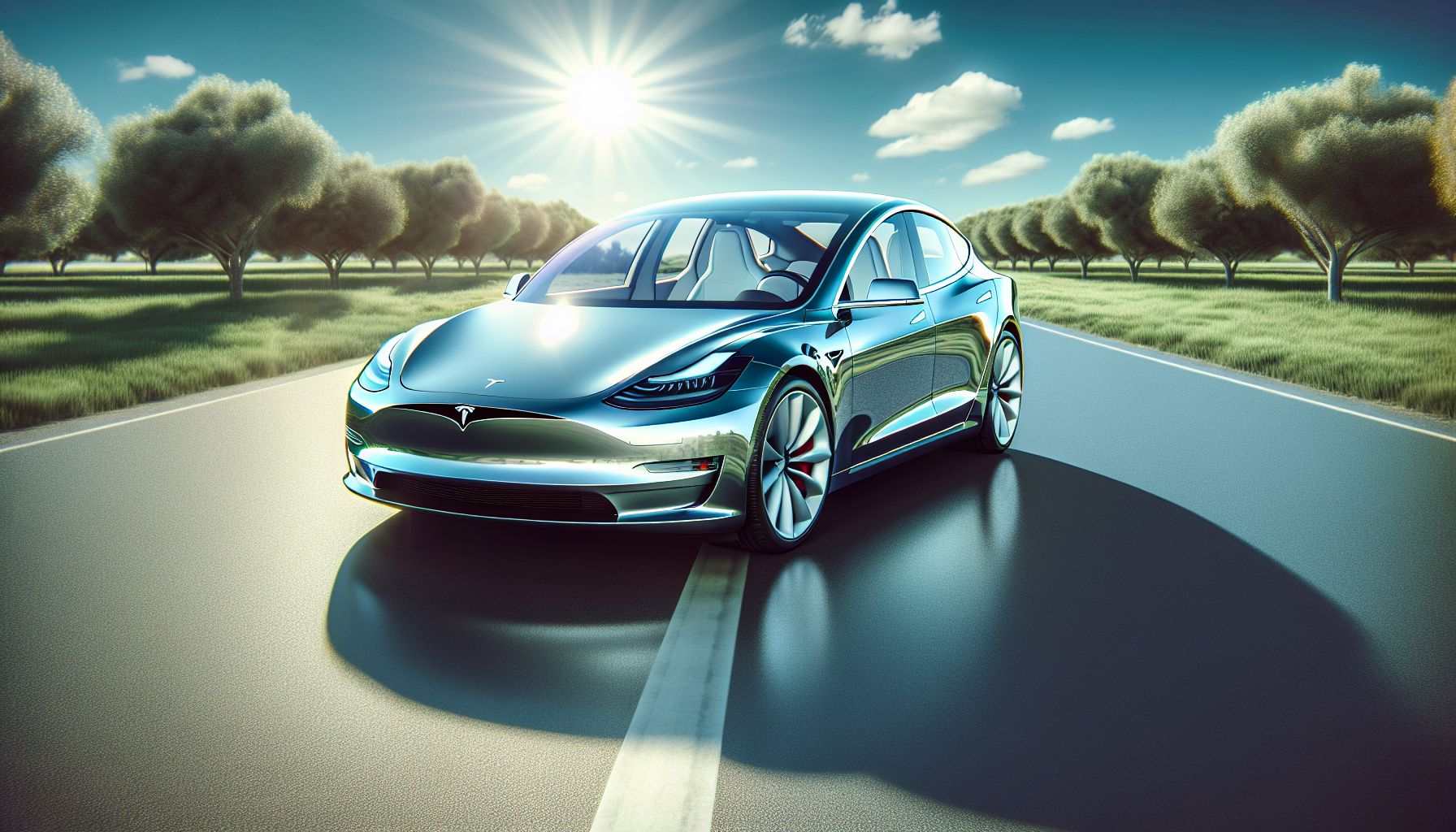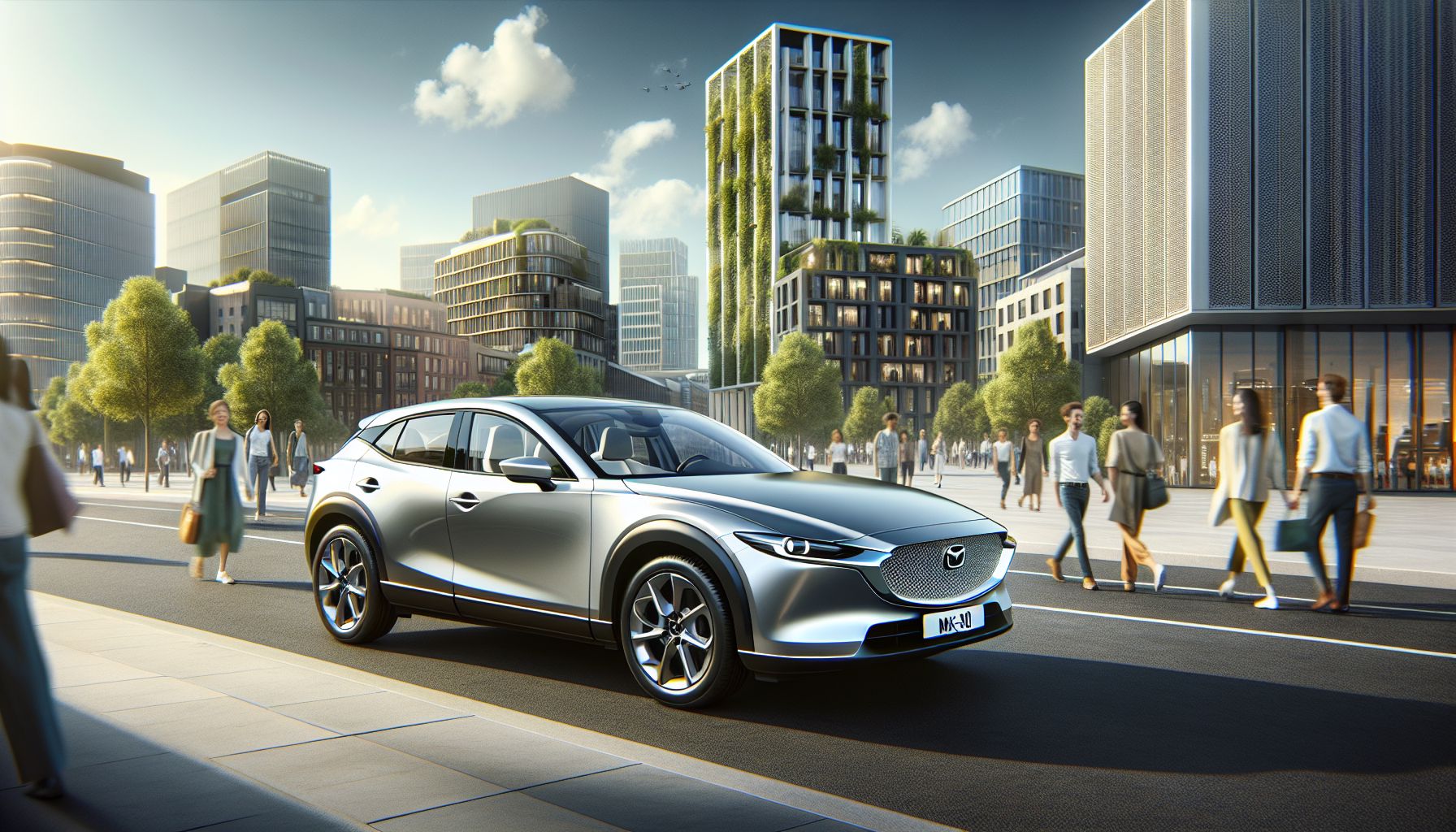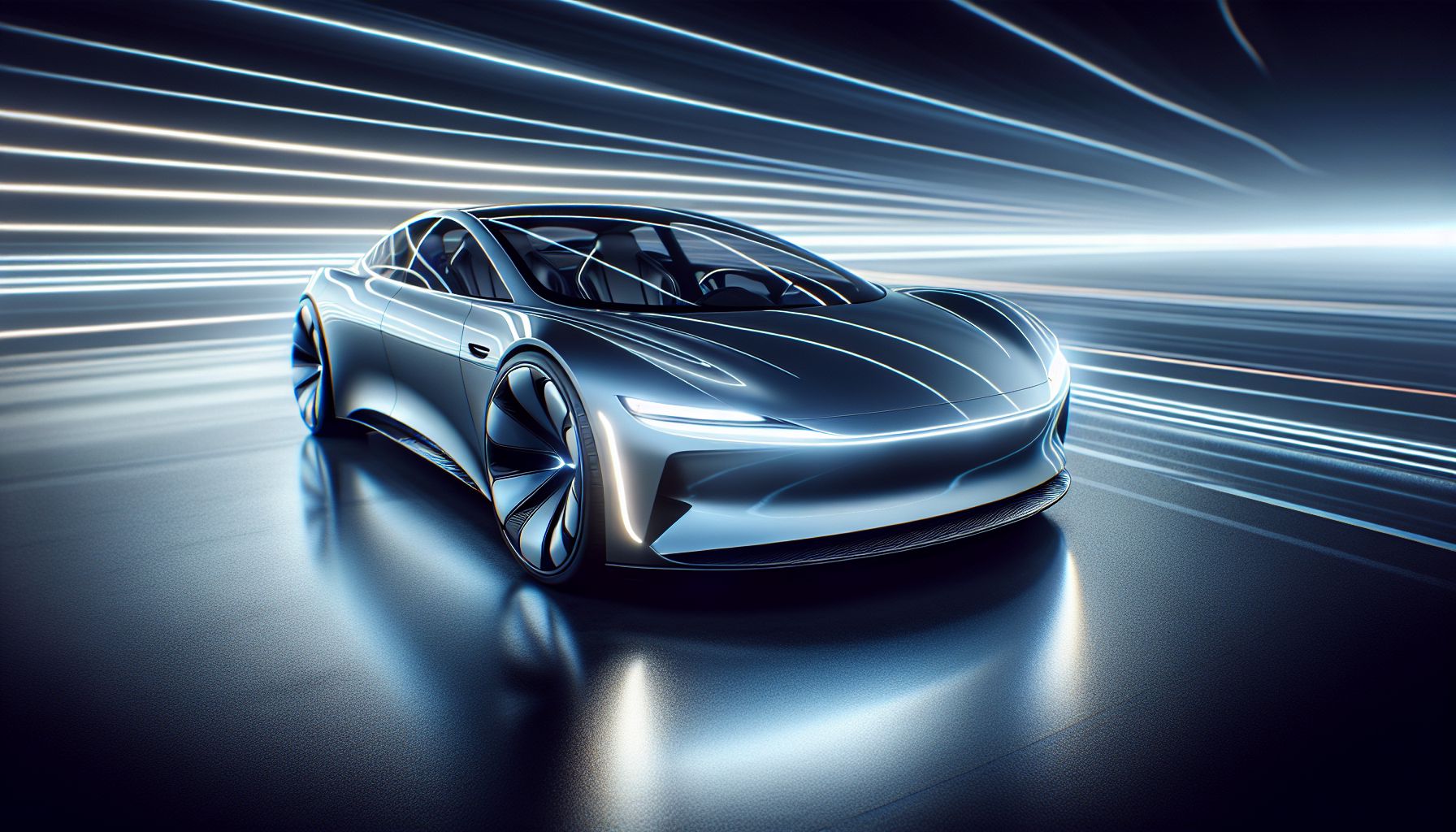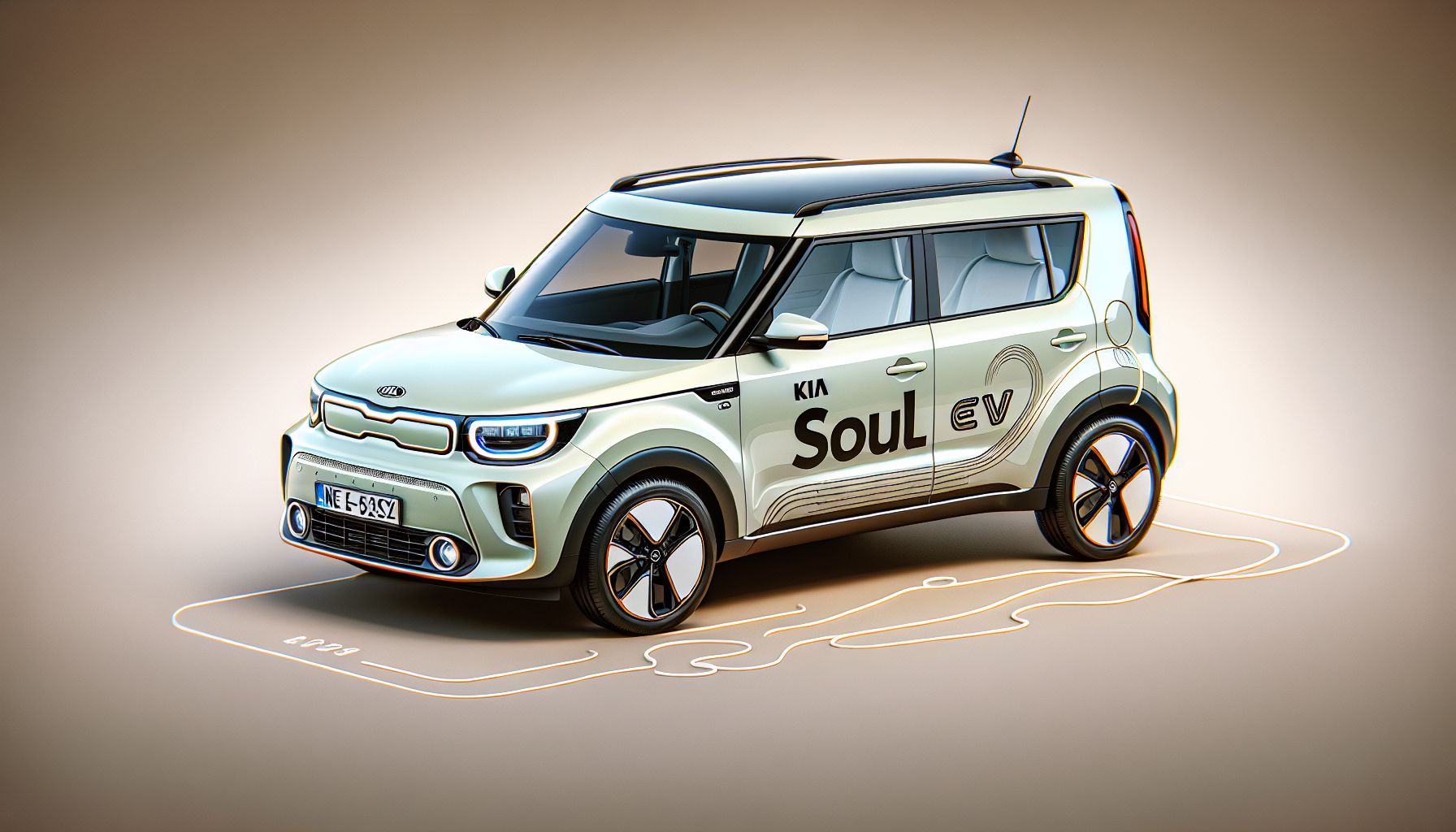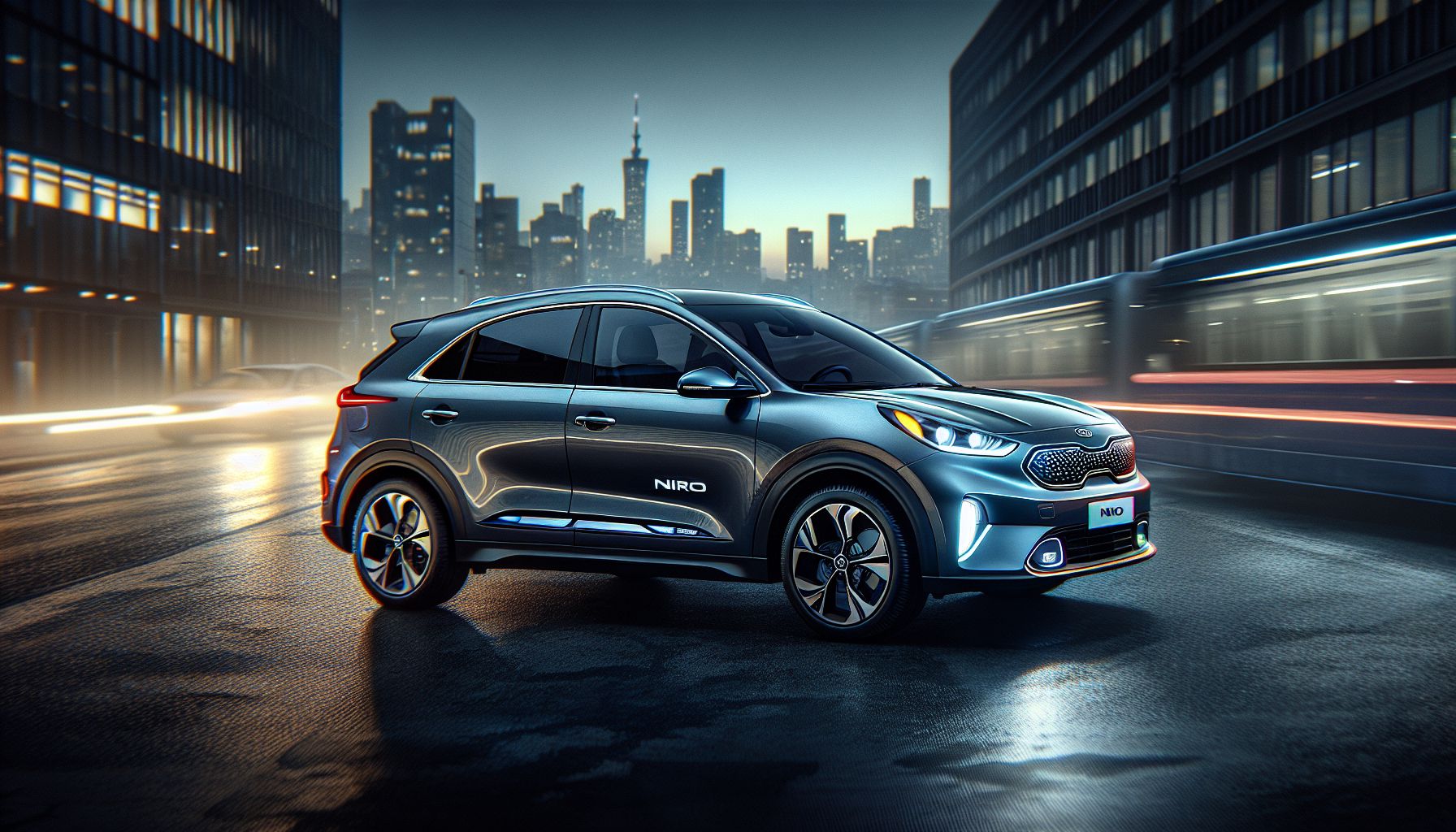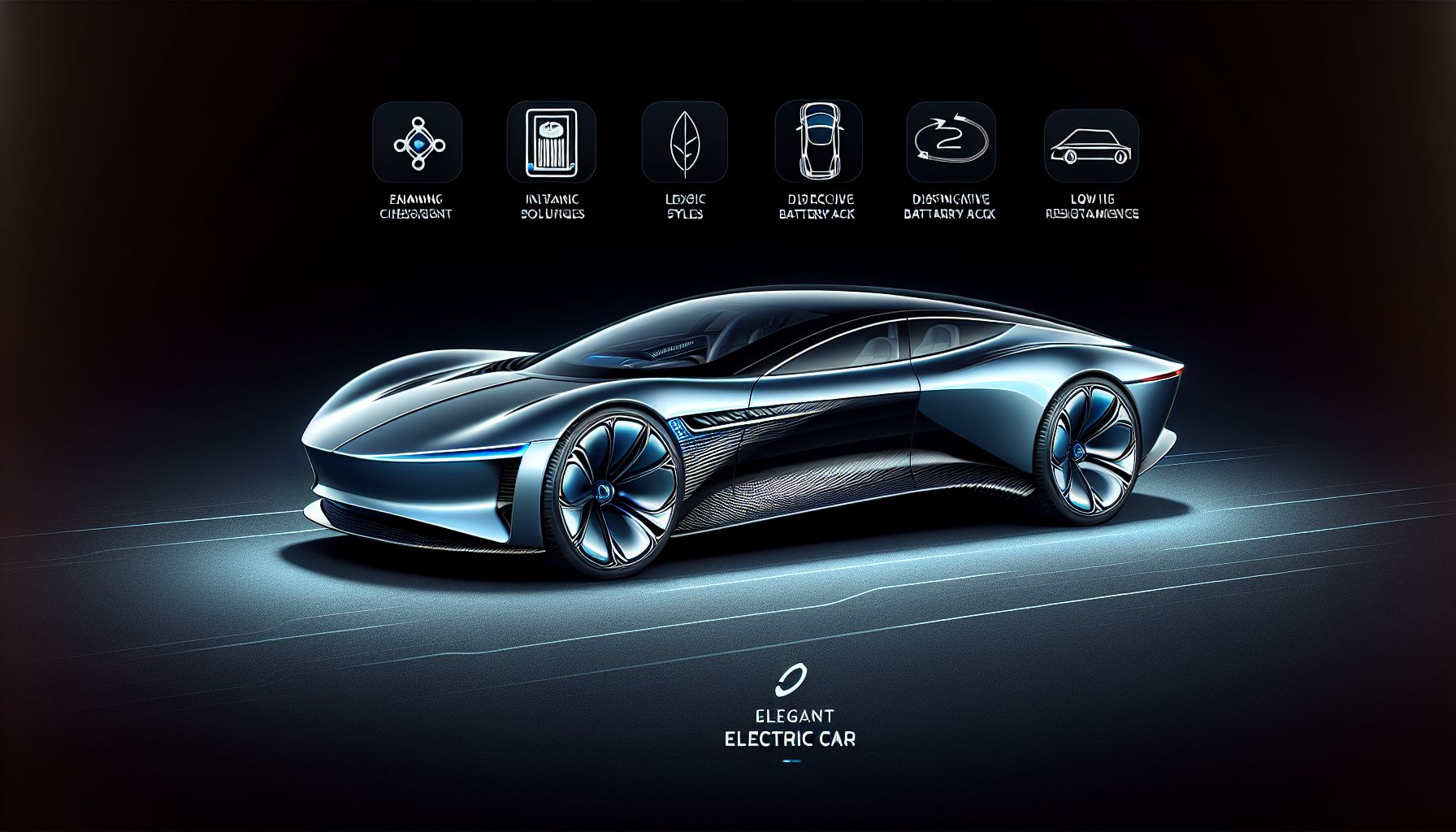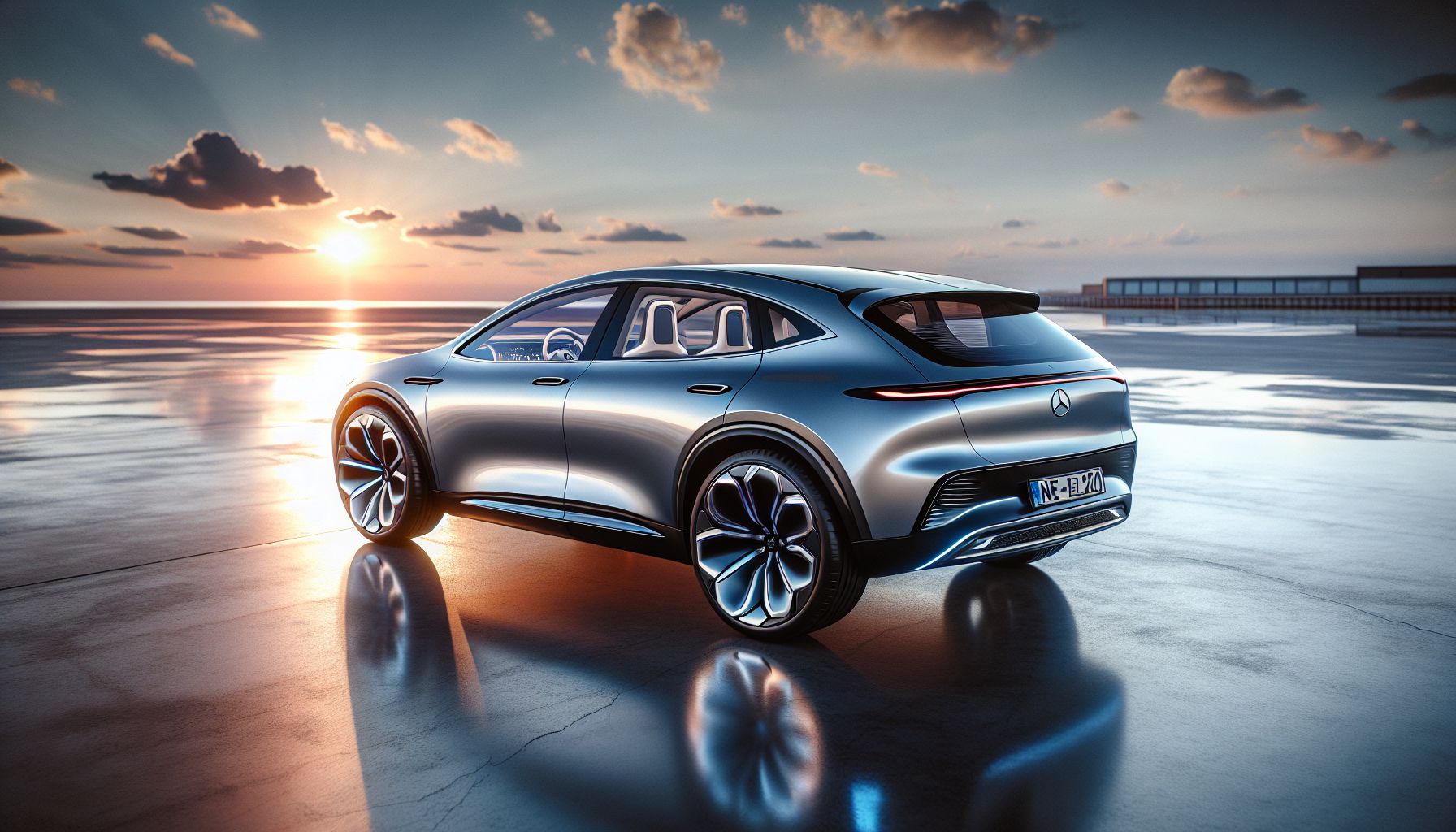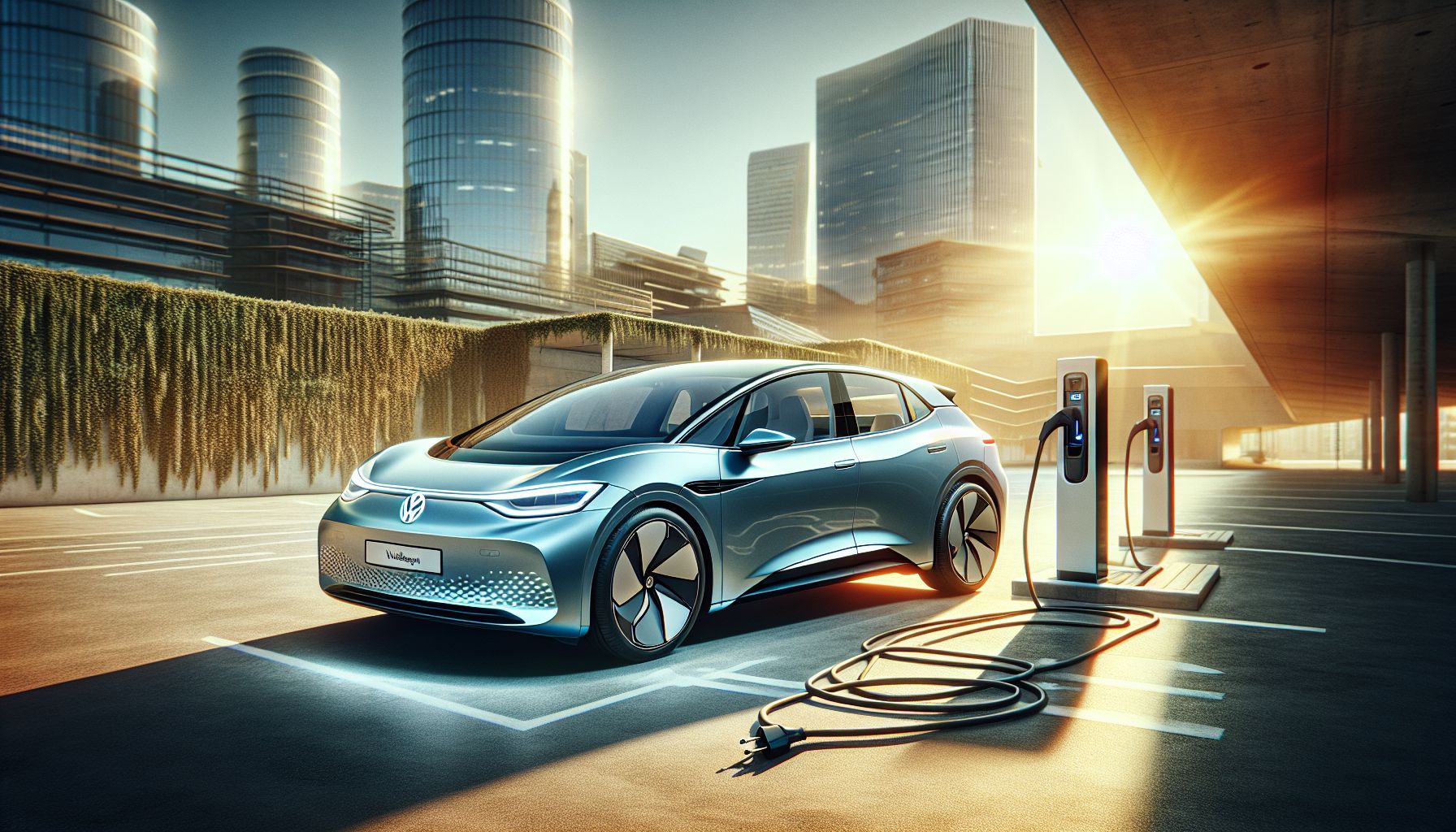
An electric car is a vehicle that is driven by an electric motor and uses electricity as its energy source, rather than traditional fuels such as petrol or diesel. Electric cars are renowned for their environmental friendliness as they emit less polluting emissions than combustion engine cars. Electric cars are gaining in popularity as environmental awareness is on the rise and many countries support the use of electric cars.
How electric cars work
How does an electric car actually work? In this section, we explore the complexity of electric motors, batteries and control systems and how they interact with vehicle performance. An electric car is powered by batteries, which supply the motor with electricity. To fully charge the batteries, a special charger is needed, which can be powered either from the home network or from a public charging point. Electric car batteries are usually lithium-ion batteries, similar to those used in smartphones and laptops. When the batteries are discharged, they need to be recharged. Charging times and driving range vary depending on the battery type and the car.
Electric cars are somewhat different from conventional cars. For example, they usually have a single speed mode, as an electric motor has a much wider torque range than an internal combustion engine. Electric cars can also be quieter than conventional cars because the electric motor does not make as much noise as an internal combustion engine.
Advantages of using electric cars
The benefits of electric cars are manifold, covering both environmental and economic benefits. Let's take a closer look at why switching to electric cars is a wise choice. Electric cars are excellent from an environmental point of view as they are able to run without carbon emissions. When electric cars are powered by renewable sources such as solar or wind energy, they can be said to be fully environmentally friendly. They also reduce air pollution in the urban environment and make our cities a cleaner and healthier place.
Types and models of electric cars
The range of electric cars extends from economical urban vehicles to luxury lifestyle. Different manufacturers offer a wide range of models to suit different needs and budgets.
Charging facilities for electric cars
Charging an electric car can seem complicated, but the various charging options make it easy and convenient. We look at different charging options, including home charging, public charging stations and fast charging.
The future of electric cars
What is the future of electric cars? In this section, we discuss the innovations and technological developments that are driving the electric car industry into the future.
The environmental impact of electric cars
Electric cars are essential for moving towards clean transport by reducing emissions and air pollution. Let's take a closer look at their positive impact on the environment.
Analysis of the cost of electric cars
Is owning an electric car affordable? In this section, we look at the costs of buying and running an electric car and compare them with traditional combustion cars.
Electric car security
Security is always a top priority. We look at the safety features offered by electric cars and how they compare with traditional cars.
Overview of electric car manufacturers
Different car manufacturers offer different electric car models. We look at the best-known manufacturers and the electric cars they offer.
Electric car maintenance and repair
The maintenance and repair of electric cars may differ from that of traditional cars. Here, we explore what you should know about electric car maintenance and repair.
Comparison of electric cars with internal combustion cars
What is the difference between electric cars and traditional combustion cars? In this section, we look at the differences and similarities between these two forms of mobility.
The future of electric cars in Estonia
How will electric cars affect Estonia's road scene? In this section, we look at the future prospects for electric cars in Estonia and the state's support and initiatives.
Electric car innovation
The electric car sector is constantly innovating and evolving. We are exploring the latest technologies and innovations that will shape the future of electric cars.
Potential challenges for electric cars
While electric cars have many advantages, they can also present certain challenges. In this section, we explore possible barriers to the wider uptake of electric cars.
Buying guide for electric cars
What should you consider when buying an electric car? In this section, we provide tips and guidance on choosing and buying an electric car.
Electric car: sustainable mobility for the future
Electric cars are the green mobility solution of the future, offering an environmentally friendly alternative to traditional internal combustion engine cars.
Questions and answers
- What is the average charging time for electric cars? Charging times for electric cars depend on a number of factors, including the size of the vehicle's batteries and the charging method chosen. The average charging time can vary from 30 minutes to several hours.
- Are electric cars more expensive to maintain than traditional cars? In general, electric cars are cheaper to maintain than traditional cars because the moving parts of electric cars are less expensive and require less maintenance.
- Are there any public subsidies for the purchase of electric cars? Yes, many countries offer public subsidies and incentives to electric car buyers, including VAT rebates and purchase incentives.
- Are electric cars suitable for long journeys? Modern electric cars are equipped with large-capacity batteries that allow them to travel long distances on a single charge. Electric cars are therefore also ideal for long journeys.
- What are the environmental impacts of electric cars? Electric cars significantly reduce air pollution and exhaust emissions compared to traditional combustion engine cars, contributing to a cleaner and healthier environment.
- Is it safe to charge electric cars at home? Yes, it is safe to charge electric cars at home, provided that certified charging equipment is used and safety instructions are followed.
Conclusion
Electric cars are fast becoming the transport of the future, offering an environmentally friendly and sustainable alternative to traditional internal combustion engine cars. Their technological advances and widespread availability make electric cars an attractive choice for environmentally conscious consumers and future transport innovators alike.

